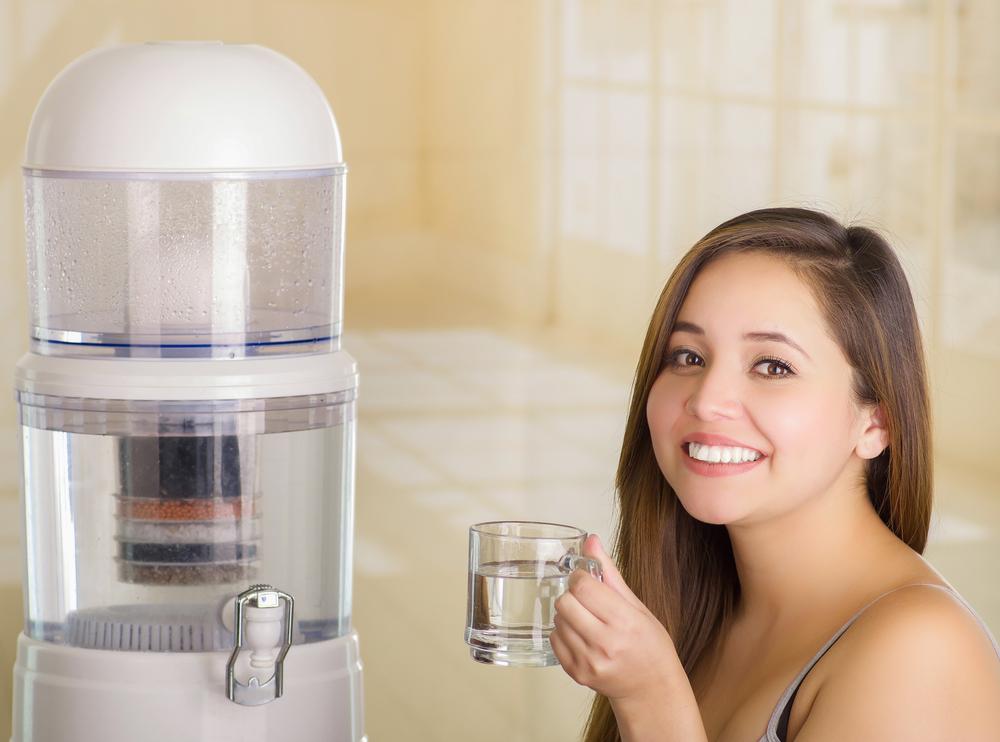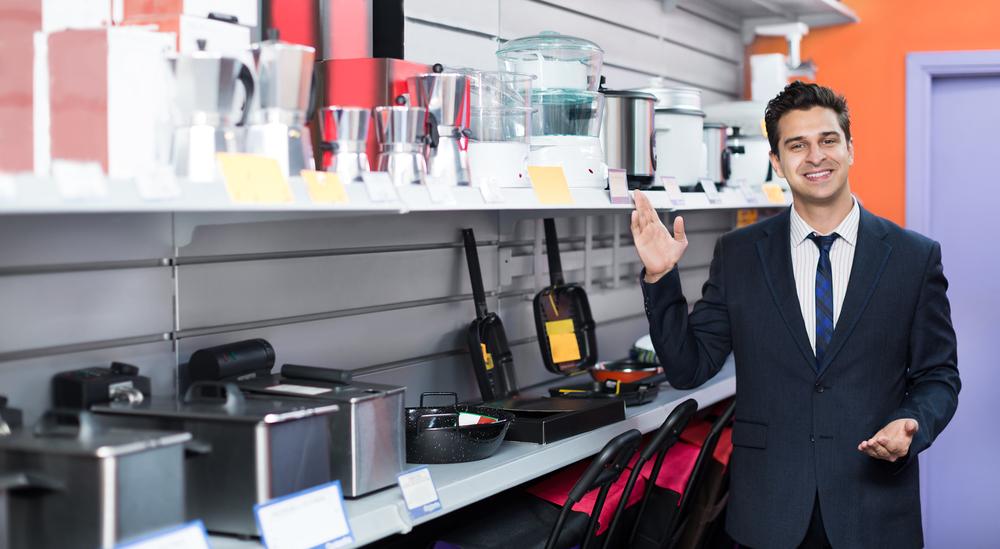Here are some benefits of water softener systems

A lot of residential areas do not have soft water, and the hard water available can cause harm to a person’s hair and skin. Other than that, it is also damaging to the appliances that use the water and even to the plumbing system as the pipes tend to get clogged and damaged over time.
If you live in an area where you can’t get soft water naturally, then investing in a good water softener system is ideal. There is an array of water softener systems available in the market in various capacities and budgets.
Let us first try to understand how a water softener system works. Most of the conventional water softener systems soften the water by replacing the excess minerals in the water with sodium. That is why softened water always has a salty tinge to it as it contains salt. Water flows through two tanks – one containing zeolite or resin beads and the other containing salt and liquid brine. The negatively charged resin beads attract the positively charged ones in the water and help the water absorb the sodium.
Here are some of the benefits of softened water from water softener systems as compared to untreated hard water.
- Softened water leaves no scaling with use over time which is the case with hard water. This scaling can often develop in pipes and can lead to plumbing work over time if the hard water use is continued.
- Water treated in water softener systems do not harm the skin and hair. Water that is not softened can make one’s skin and hair extra dry and damage it in the long run.
- Cleaning different surfaces with soft water is much easier than cleaning with untreated hard water. Since water treated in water softener systems do not scale, the surfaces cleaned with it also look cleaner and shinier.
- Washing clothes with soft water ensure that no hard minerals are left behind in the fabric. It also helps the detergent work more effectively. Washing clothes with hard water regularly can make clothes look dull and gray, especially the whites. This is not the case when clothes are washed with soft water.
- Soft water also helps maintain the longevity of appliances that use water due to the non-scaling advantage. Some of these appliances include coffee makers, steam irons, ice makers, washers, dryers, water heaters, and dishwashers among the many others.
- Water treated in water softener systems can also help you save money on fixing any plumbing or appliance damage that may arise due to scaling with the use of hard water.
- Softened water heats up faster than hard water which would mean less consumption of energy by water heaters and lower utility bills.
- Soft water reduces the formation of soap curds that may be difficult to get rid of while bathing or cleaning.
- However, it is important that you take some precautions if you are consuming water that has been treated in water softener systems. The water may not be ideal for consumption for those who have been advised to take a low sodium diet as the softener systems replace the minerals with sodium to soften it.
Before you set out to buy any of the water softener systems, find out about the hardness of the water at your home or office is. A lot of water softening system companies help you evaluate the hardness of the water. There are testing kits also available in the market that helps you do this by yourself.

